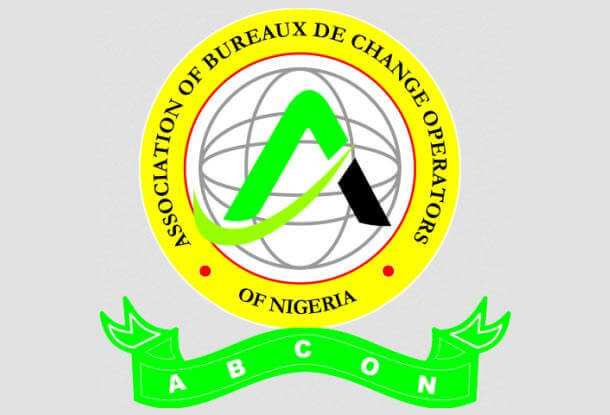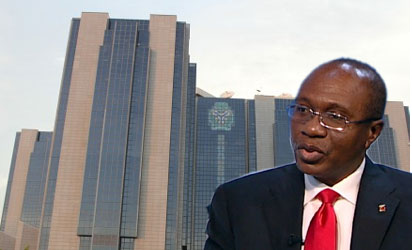The leadership of Association of Bureaux De Change Operators (ABCON), has described the processing fees for cash-less policy operations and the government’s planned hike in Value Added Tax (VAT) rate as discouraging ease of doing business.
The group also noted that such fees run contrary to the drive for financial inclusion.
It would be recalled that while the Central Bank of Nigeria (CBN) recently reintroduced the suspended cash-less policy, with various percentage charges for withdrawals and deposits above-set limits for individuals and corporate entities, the Federal Government has insisted on going ahead with 7.2 per cent VAT rate, against five per cent previously.
However, ABCON during its third Quarterly Economic Review for 2019, observed that aside the good objective of the policy, the cash processing fees will have a severe impact on SMEs who are struggling to survive.
ABCON President, Dr. Aminu Gwadabe argued that “While the objectives of the policy are developmental in nature, a major observation is the consequent effect on small and medium scale business circles in Nigeria, where business confidence is still largely low and fragile.
According to him, “Because of this, a good volume of businesses is still largely in cash, especially in rural areas. Thus due to the likely negative effects in this critical segment of the economy, we have recommended lower processing fees of between 0.5 per cent to 0.75 per cent and one per cent to 1.25 per cent for individual and business account holders respectively.
“The impact on the general economic performance and compliance to the cashless policy would be observed and analyzed for further amendments,” Gwadabe averred.
He further cautioned against the proposed increase in VAT, insisting that the increase will lead to more unemployment and poverty in the country.
He argued that expanding the VAT net and at the same time increasing VAT is a conflicting economic strategy.

Gwadabe stressed that such conflicting policy direction means that “Every Nigerian will either directly or indirectly be affected by the whopping 50 per cent increase in VAT.
“The average VAT collection in the past six years is about N900 billion. The revenue is shared 15 per cent to the Federal Government, 50 per cent to states and 35 per cent to councils, net of four per cent cost of collection to FIRS.
“But beyond the revenue increase of about 50 per cent, there will be other attendant consequences like higher inflation rate, interest rate hike, more unemployment and people will generally become poorer.
“It will increase the burden on the poor and SMEs contrary to the 2017 National Tax Policy. We also believe that seeking to expand the VAT net, while also increasing the VAT rate at the same time is a conflicting strategy.
“Instead, ABCON review is of the opinion that the system can generate twice as much from VAT at the current rate by expanding the scope of threshold and ensuring a robust administration rather than by increasing rate.
“A review of VAT waivers, better policing of the border to improve import VAT collection, a framework for VAT on imported services and digital economy,” ABCON boss suggested.









